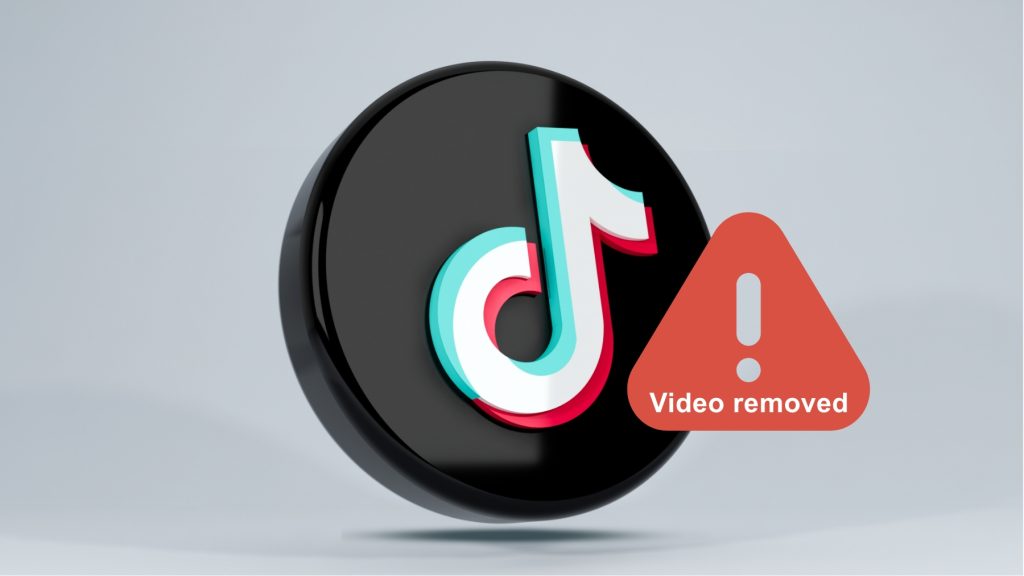
Two decades after Osama bin Laden’s ‘Letter to America’ first surfaced, following the 9/11 attacks, it has found a new, unlikely audience: the natives of TikTok.
The recent re-emergence of bin Laden’s ‘A Letter to America’ on TikTok, surfacing during the Israel-Palestine war, has ignited a broad debate among a generation most of whom were either not born or were mere toddlers during the events of September 11, 2001.
TikTok, the social media platform synonymous with youth culture and known for its appetite for trending topics, has become the stage for this revival. A Letter to America , which criticizes US foreign policy, was viewed more than 14 million times, demonstrating the platform’s immense power in shaping discourse.
Certain media outlets highlighted that TikTok’s algorithm played a crucial role in amplifying the narrative of the letter. However, last Monday, the video-sharing company said in a press release, ‘The truth about TikTok hashtags and content during the Israel-Hamas war,’ that the surge in pro-Palestinian posts is not due to its algorithm; teens are just pro-Palestine.
“Over 1 billion people come to TikTok to find community, discover, and learn. As a platform, we take our responsibility seriously to keep our communities safe and welcoming while working relentlessly to combat antisemitism, hate speech, misinformation, and violent behavior,” TikTok’s newsroom said.
“It’s critical to understand that hashtags on the platform are created and added to videos by content creators, not TikTok,” the post added. “Millions of people in regions such as the Middle East and South East Asia account for a significant proportion of views on hashtags. Therefore, there’s more content with #freepalestine and #standwithpalestine and more overall views. It is easy to cherry-pick hashtags to support a false narrative about the platform.”
Some are raising crucial questions about the responsibility of social media platforms in moderating content. But TikTok’s prior response was swift, which can also be linked to the latest resurfacing of the videos promoting the letter. But the fact remains that the letter also violated TikTok’s policies against supporting terrorism. So, the video-sharing platform began removing all content related to bin Laden’s letter.
“TikTok has strict policies against hateful behavior, including antisemitism and Islamophobia, which have no place on our platform,” TikTok highlighted in the press release last Monday.
“We enforce our rules against hateful behavior by using advanced systems, from computer vision models that detect visual signals such as emblems and logos, to text-based technologies, such as natural language processing, to detect language used to promote extremist ideologies or hate groups,” it added.
As for the TikTok landscape, some users used the letter to underscore their criticism of US foreign policy, specifically the policies supporting Israel, echoing bin Laden’s rationale in the letter. Others expressed shock and outrage, highlighting the controversial nature of the letter and its inflammatory content.
What we saw here is not a mere polarization of the public’s opinion, but rather a mirroring of the broader, also often polarized, discourse on social media.
TikTok’s young demographic, many of whom regularly turn to the platform for news, are interacting with the war in Gaza through a distinctly modern lens, almost providing a closer look in a context that comes with having to live through these events.
The letter’s spread on TikTok, followed by other platforms such as Instagram and Facebook, is a clear representation of the current landscape of news consumption, where traditional media is increasingly supplemented, or even replaced, by social media platforms like TikTok, Instagram, Facebook, and X (FKA Twitter). While the platform has been a source of entertainment and connection for millions, its role in sharing news about any event in the world is becoming more pronounced, and with it, comes the need for careful content moderation.
Inside Telecom provides you with an extensive list of content covering all aspects of the tech industry. Keep an eye on our Impact section to stay informed and up-to-date with our daily articles.